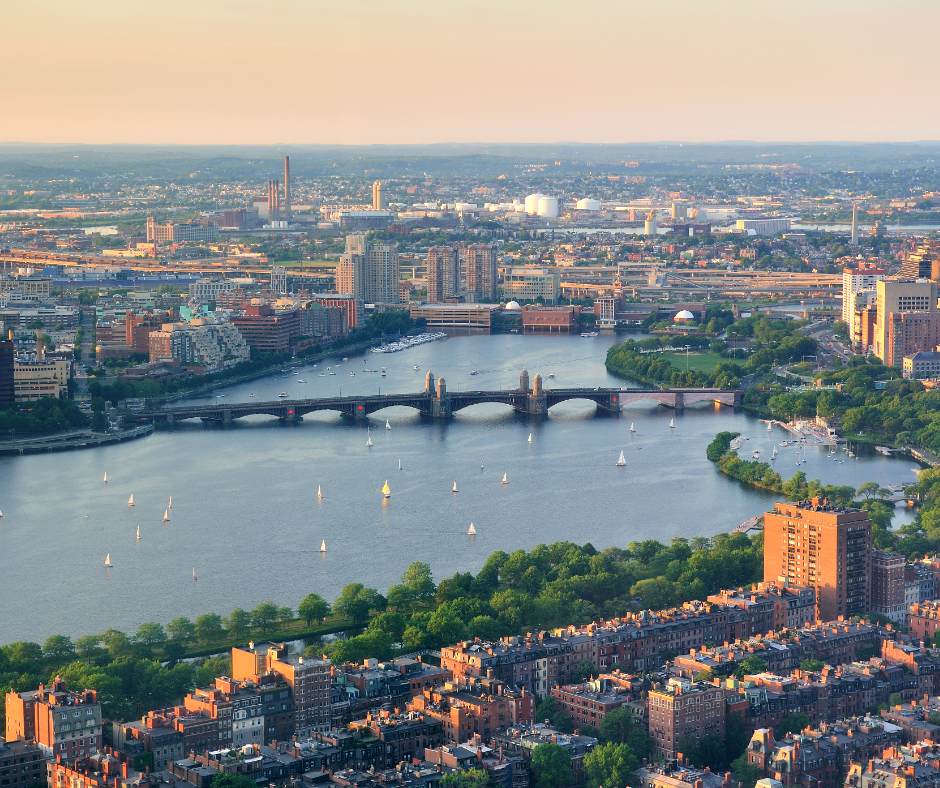Authors: Tatjana Meschede, Darrick Hamilton, Ana Patricia Munoz, Regine Jackson and William A. Darity Jr.
Abstract: New data collected for the Boston metropolitan statistical area (MSA) as part of the National Asset Scorecard for Communities of Color (NASCC) survey provide detailed information on financial assets that allow analysis to extend beyond the traditional black-white divide. Targeting US-born blacks, Caribbean blacks, Puerto Ricans, Dominicans, and other Hispanics, findings underscore the large racial and ethnic disparities in financial wealth, even after controlling for demographic and socioeconomic status. Further, some notable differences between Boston’s communities of color highlight the importance of detailed analyses for research on the racial wealth gap. In particular, among nonwhite communities, Dominicans report comparatively low asset levels and high debt, while Caribbean blacks report relatively higher levels of wealth. Altogether, these findings point to the need for wealth building opportunities in communities of color and further investigation of the causes and consequences of financial disparities between groups of color disaggregated by ancestral origin.
Key Findings
- While the median wealth for a white household is $247,500, the median value for a US-born black household is a mere $8. Caribbean blacks, by comparison, have a median household wealth of $12,000.
- Among nonwhite communities, Dominicans report comparatively low asset levels and high debt, while Caribbean blacks report relatively higher levels of wealth.

